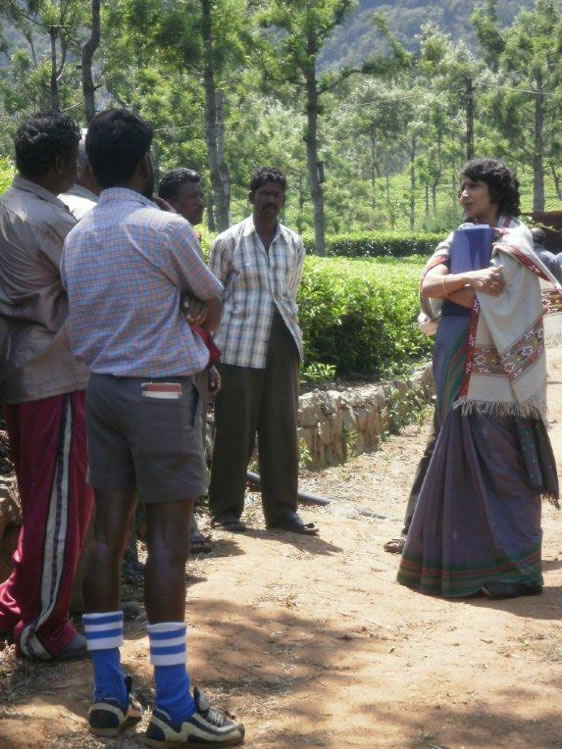Staff at NRI has been engaged in a wide range of studies relating to Fairtrade since the late 1990s in Latin America, Africa and Asia, including a number of on-going pieces of work that will be published this year. The Institute has contributed to a large amount of detailed information on the topic, focusing on different aspects of Fairtrade impact (social, economic and environmental) across many different countries.
 Over the past decade NRI's approach has been to innovate in terms of methodologies for impact assessment in relation to Fairtrade and other sustainability standards and corporate codes. The Institute has gathered systematic evidence from a range of sources, and has sought to listen to the voices of the smallholder producers and workers whom Fairtrade is intended to support. The importance of the local context in shaping actual outcomes and impacts is becoming increasingly clear from the studies. More findings and reports will be made available later this year.
Over the past decade NRI's approach has been to innovate in terms of methodologies for impact assessment in relation to Fairtrade and other sustainability standards and corporate codes. The Institute has gathered systematic evidence from a range of sources, and has sought to listen to the voices of the smallholder producers and workers whom Fairtrade is intended to support. The importance of the local context in shaping actual outcomes and impacts is becoming increasingly clear from the studies. More findings and reports will be made available later this year.
Recent work has included research into the impacts of climate change on small-scale Fairtrade producers, and the need for them to receive support in order to adapt to climate change (click here for more info). Staff members have also documented environmental services provided by small-scale coffee producers in Central America, which support biodiversity and conserve carbon stocks.
NRI has been commissioned by a range of Fairtrade organisations to conduct independent evaluations of the impacts of Fairtrade on the livelihoods of Fairtrade farmers, worker families and organizations. These include global assessments of the impact of Fairtrade on cotton producers in four countries undertaken in collaboration with the Institute of Development Studies; on tea and nut producers in Malawi, on sugar cane producers in Belize and Malawi, and on cocoa producers in Peru.
Furthermore, NRI is nearing the end of a four year independent impact evaluation of the poverty impact of Fairtrade and other social and environmental labels (such as Rainforest Alliance and Utz certification) for the UK government Department for International Development (DFID), which will be published towards the end of 2012 (click here for more info).
NRI staff members also have practical experience in supporting Fairtrade coffee cooperatives in Central America to improve their capacity for sustainable production, improve business management and increase access to Fairtrade markets. Income from coffee production of 2000 families in Central America increased by US$800 per family (approximately 30% increase) over three years, while the value of coffee sales from Fairtrade cooperatives increased by about $2 million dollars.
For more information on impact work please contact Valerie Nelson at

